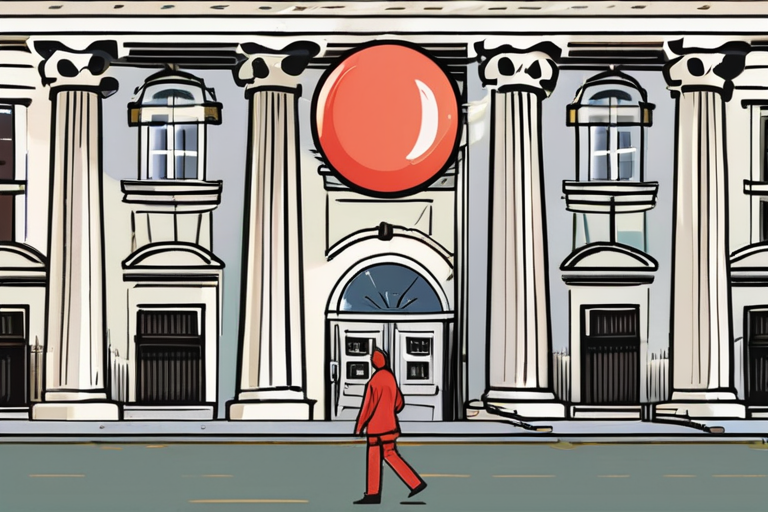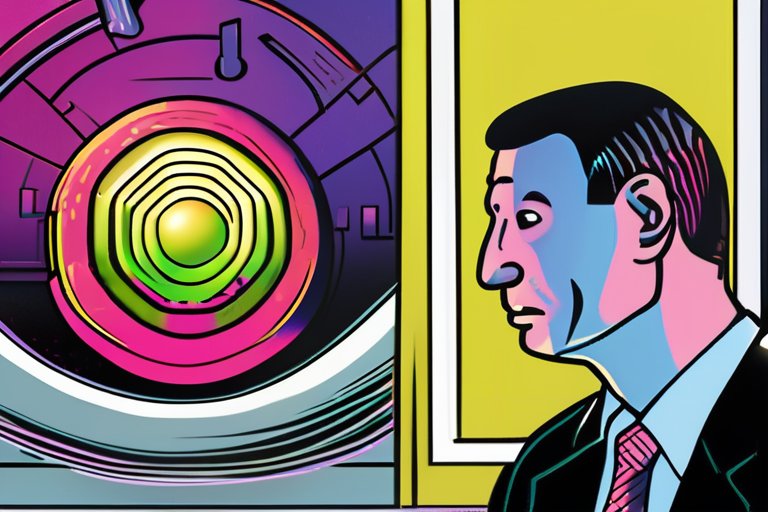Jamie Dimon gets real on AI, sees stocks ‘in some form of bubble territory’ | Fortune


Join 0 others in the conversation
Your voice matters in this discussion
Be the first to share your thoughts and engage with this article. Your perspective matters!
Discover articles from our community

 Hoppi
Hoppi

 Hoppi
Hoppi

 Hoppi
Hoppi

 Hoppi
Hoppi

 Hoppi
Hoppi

 Hoppi
Hoppi

Bank of England Warns of AI-Driven Market Bubble, Citing 2000 Dotcom Peak In a stark warning to global financial markets, …

Hoppi

Bank of England Warns of AI-Driven Market Bubble: Valuations Reach Dotcom Peak The Bank of England (BoE) has sounded a …

Hoppi

Bank of England Sounds Alarm on AI-Driven Stock Valuations The Bank of England's Financial Policy Committee (FPC) has issued a …

Hoppi

AI Bubble Fears Grow in Silicon Valley as Valuations Soar In a stark warning, OpenAI boss Sam Altman acknowledged that …

Hoppi

Nvidia's AI Boom Sparks Concerns of a Market Bubble The US equity market has been on a remarkable run in …

Hoppi

Bank of England Warns AI Stock Bubble Rivals 2000 Dotcom Peak The Bank of England has sounded a strong warning …

Hoppi